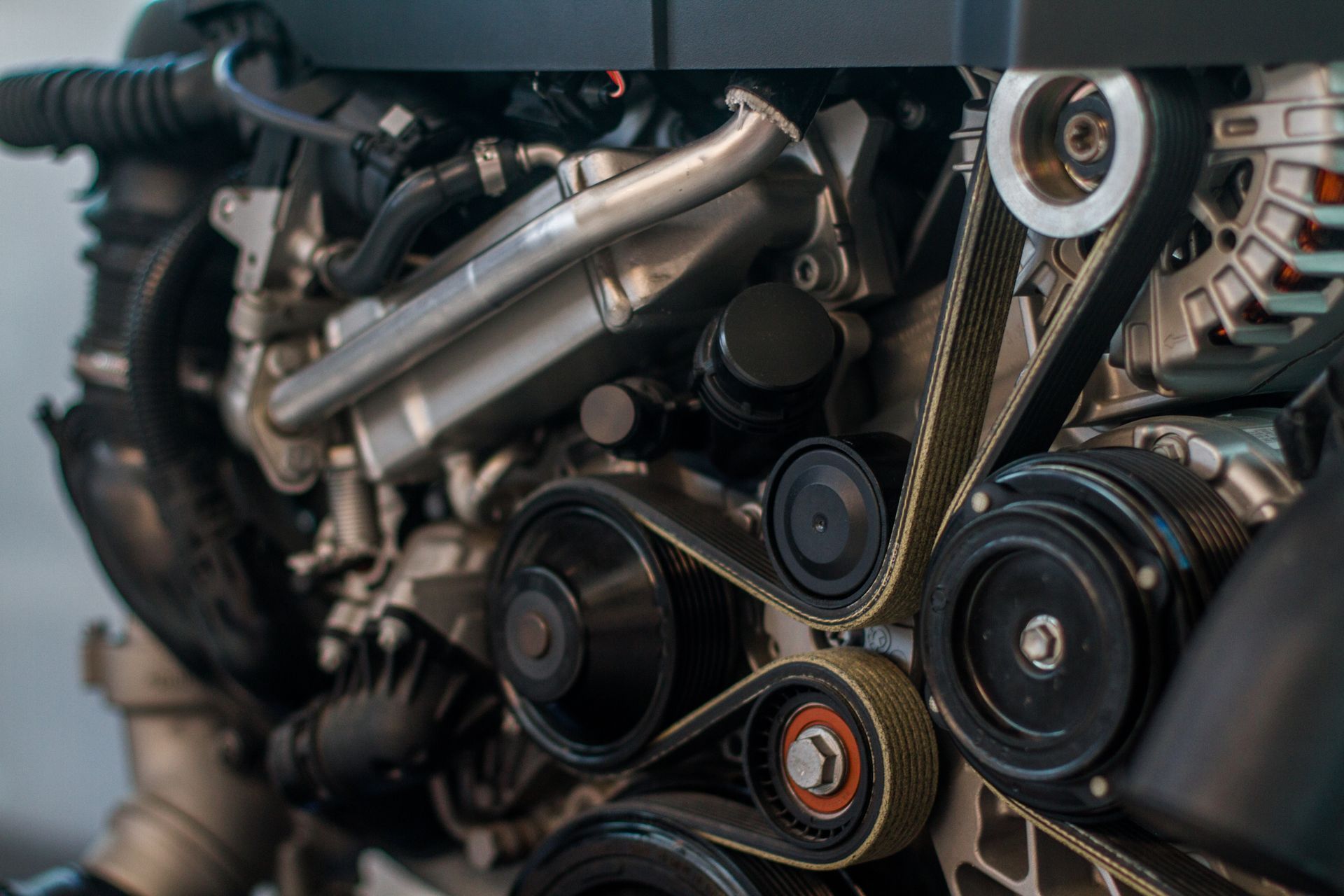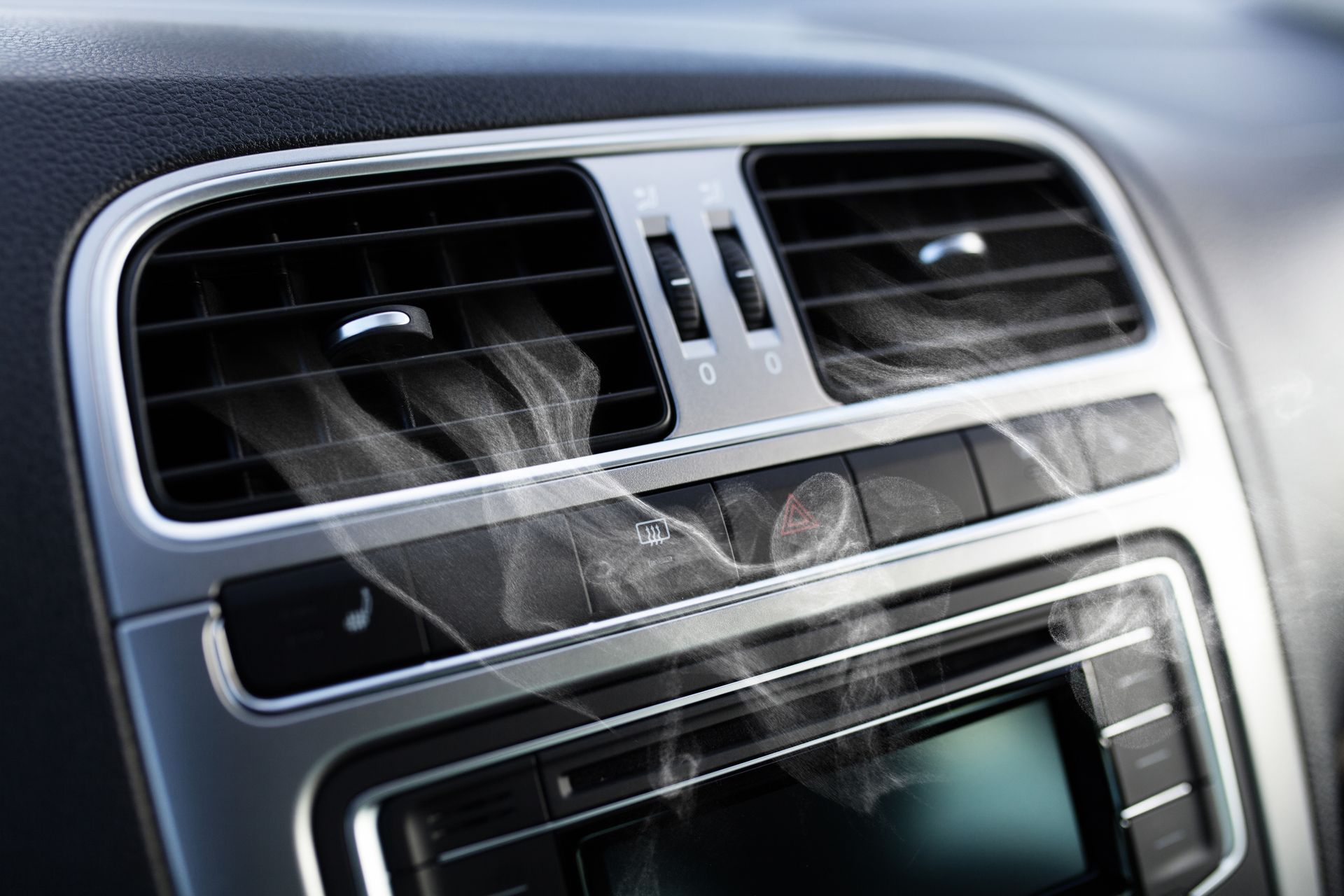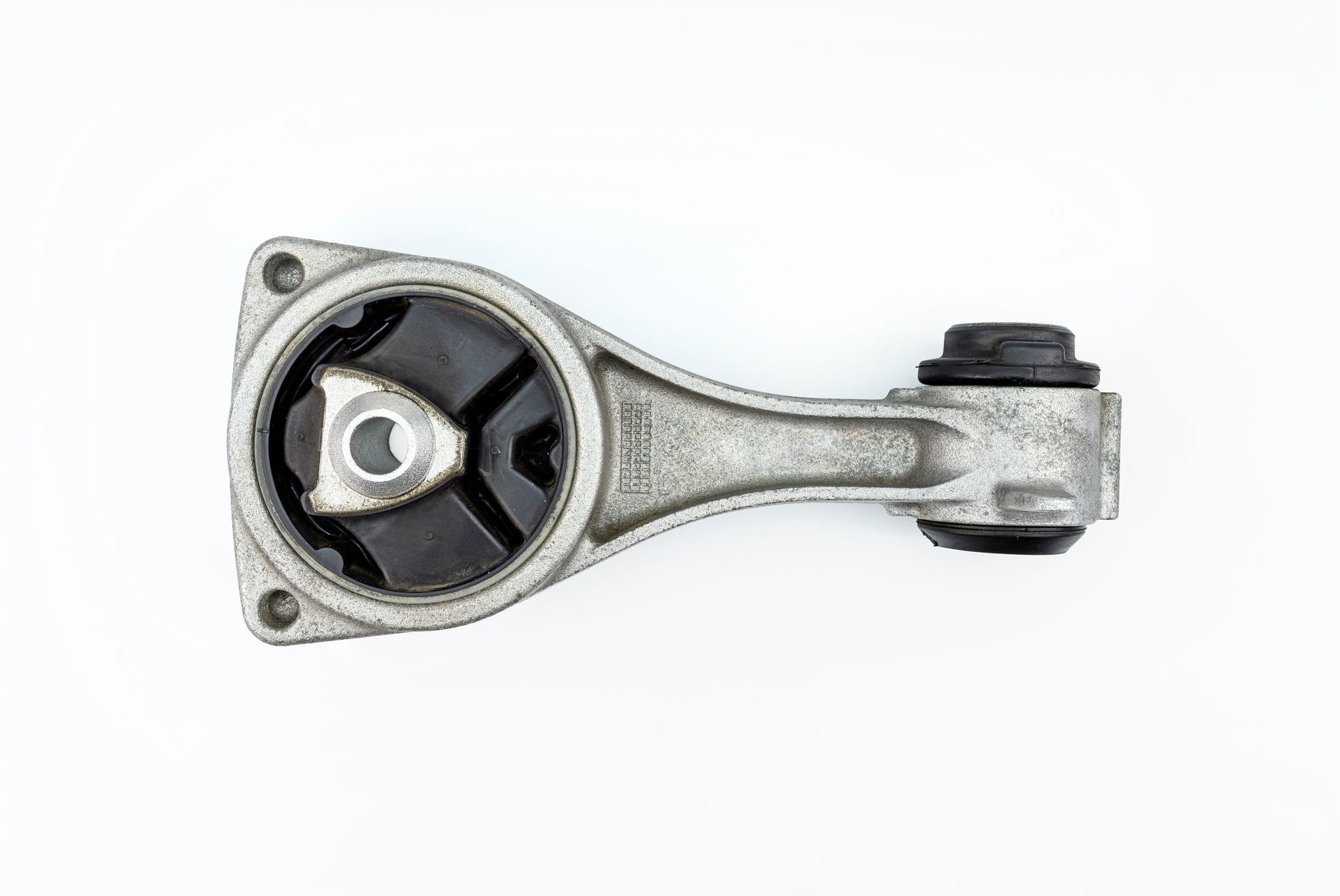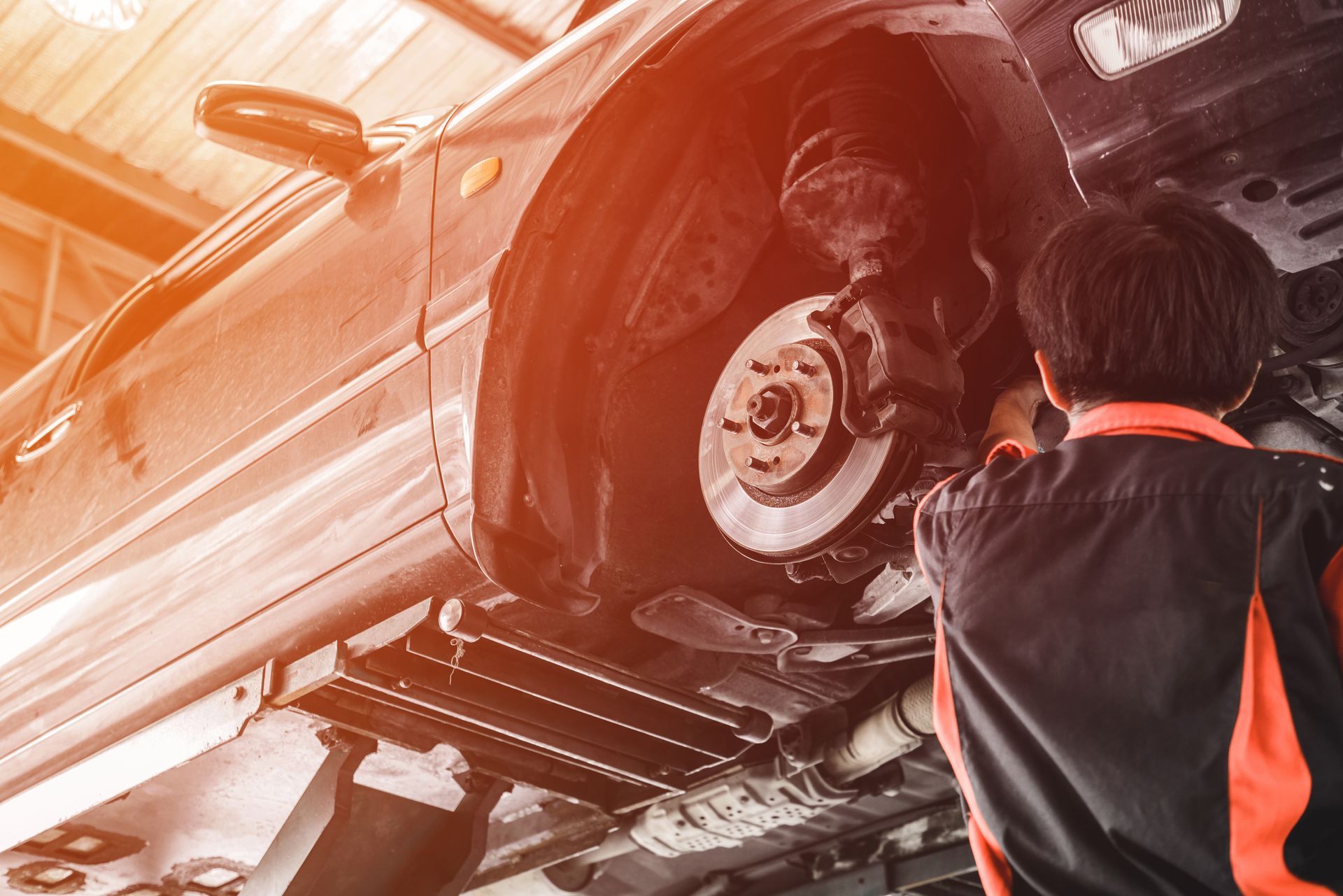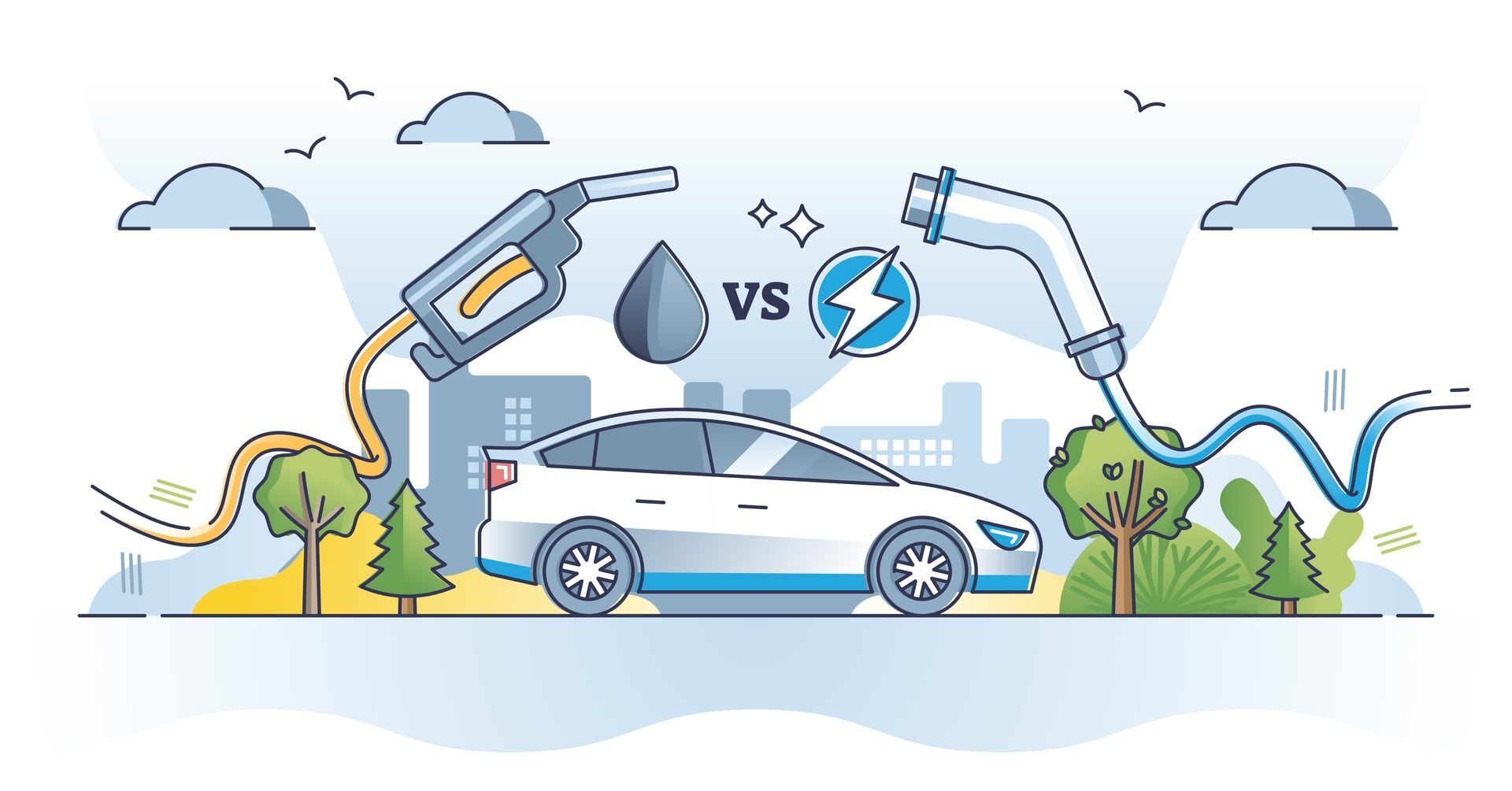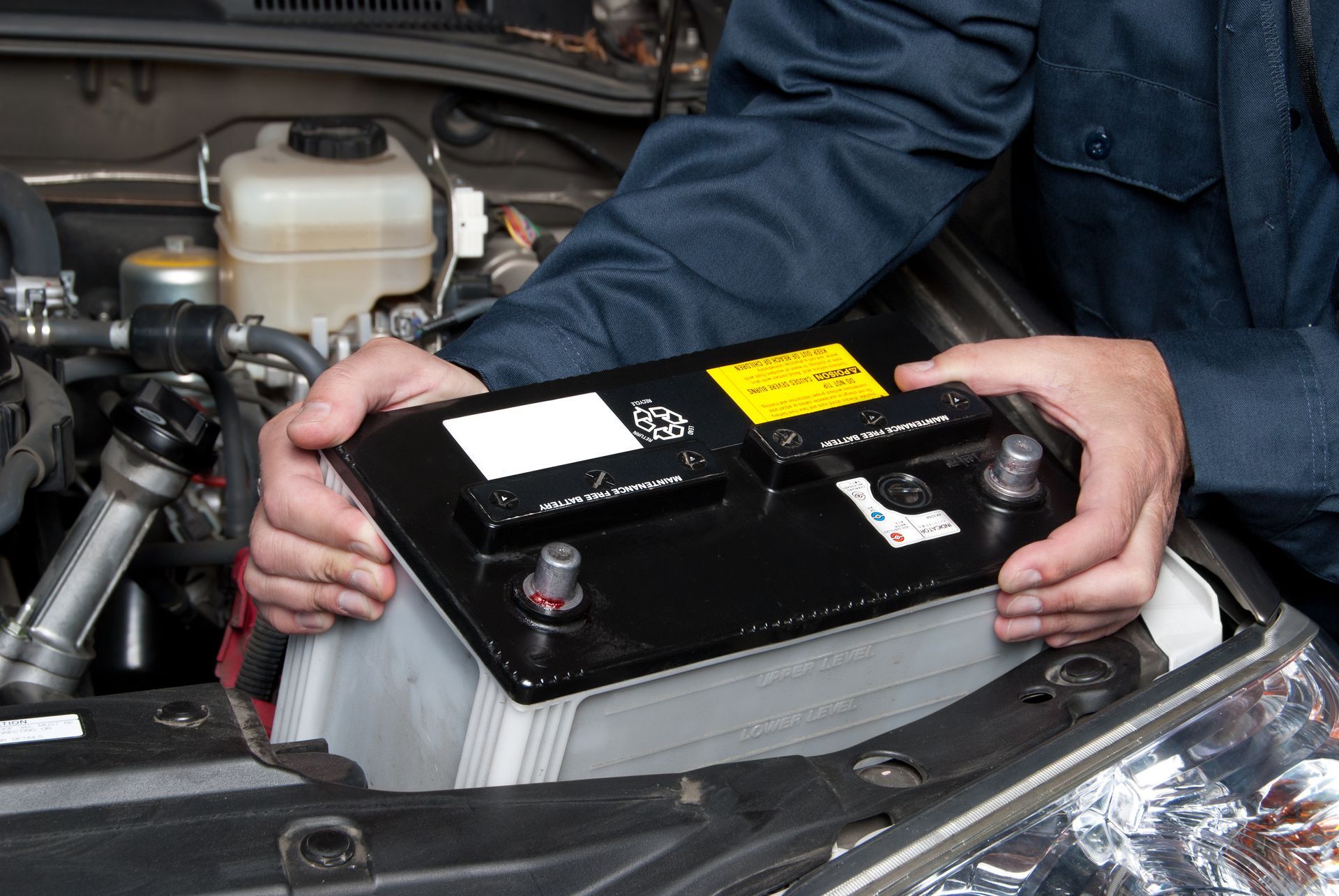Your car’s head gasket might be small and out of sight, but it plays one of the most important roles in your engine. It seals the space between the engine block and cylinder head, keeping oil, coolant, and combustion gases in their proper channels. When the gasket fails, it can create major problems, including engine overheating, power loss, and even complete engine failure.
Many drivers ignore the early signs of a leaking head gasket, assuming the issue is minor. But left untreated, a head gasket leak can quickly turn into a costly repair.
What Exactly Is a Head Gasket
The head gasket, situated between the cylinder head and the engine block, is responsible for maintaining a tight seal. It prevents coolant and oil from mixing and ensures combustion pressure stays within the cylinders. Because it’s exposed to high temperatures and extreme pressure, it’s made of durable materials, but it’s not immune to failure.
Common Signs of a Head Gasket Leak
One of the earliest symptoms of a head gasket leak is engine overheating. When the gasket fails, coolant can escape or enter the combustion chamber, reducing the cooling system’s effectiveness. You may also notice white smoke from the exhaust, a sign that coolant is being burned along with the air-fuel mixture.
Other signs to watch for include:
- Bubbles in the radiator or coolant reservoir
- Milky or frothy oil (a sign of coolant mixing with oil)
- Sweet-smelling exhaust
- Low coolant levels with no visible leak
- Rough engine idle or misfires
If you experience any combination of these symptoms, it’s crucial to have your car inspected right away.
What Causes a Head Gasket to Fail
The most common cause is engine overheating. When temperatures rise too high, the cylinder head can warp slightly, placing stress on the gasket and potentially causing it to fail. Driving with low coolant or a failing radiator can lead to overheating and, in turn, head gasket damage.
Other contributors include manufacturing defects, poor maintenance, or simply age and mileage. Engines with aluminum heads are more prone to gasket failure due to their tendency to expand and contract in response to temperature changes.
Is It Safe to Drive With a Leaking Head Gasket
While you may be able to drive for a short distance, it’s not recommended. A small leak can become a large one quickly, especially if the engine continues to overheat. If coolant enters the combustion chamber or oil system, it can cause internal damage and even hydrolock the engine.
In some cases, continuing to drive with a leaking gasket can cause significant damage to the entire engine, rendering a manageable repair into a full engine replacement.
Repairing or Replacing a Head Gasket
Fixing a head gasket is a labor-intensive process. The cylinder head must be removed, the gasket replaced, and all surfaces thoroughly cleaned and checked for warping or cracks. In many cases, the head will need to be machined flat before reinstallation.
While this is not a quick or cheap repair, catching the problem early can save you from much higher costs down the road. If your vehicle is older and the repair cost exceeds the car's value, your mechanic may recommend exploring other options.
Preventing Head Gasket Failure in the Future
Good cooling system maintenance is the best defense. Always monitor your coolant levels and temperature gauge. If your engine starts to overheat, pull over and let it cool before investigating further. Never ignore overheating because it’s one of the fastest ways to damage a head gasket and, eventually, the engine.
Routine coolant flushes, radiator checks, and thermostat replacements help prevent the conditions that lead to gasket failure.
Need a Diagnosis? Visit Wrench Junkies in Stone Mountain, GA
If your vehicle is showing signs of a head gasket leak, don’t wait. Our technicians can perform pressure tests, inspect for combustion gases in the coolant, and confirm whether your gasket is at fault. We’ll walk you through the repair process and help you make the right choice for your vehicle and budget.
Call
Wrench Junkies in Stone Mountain, GA, today to schedule a cooling system or
engine diagnostic before the problem gets worse.

